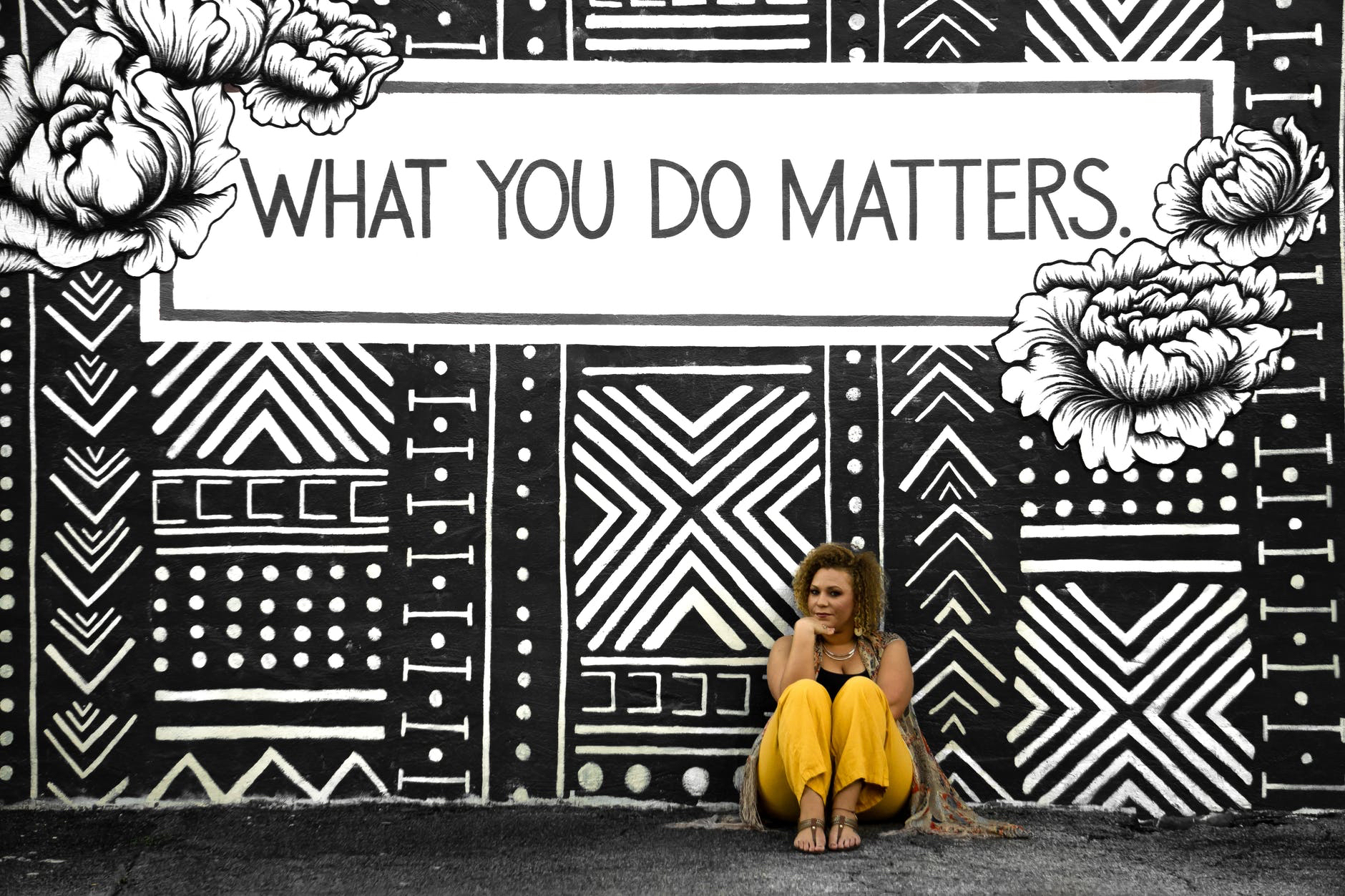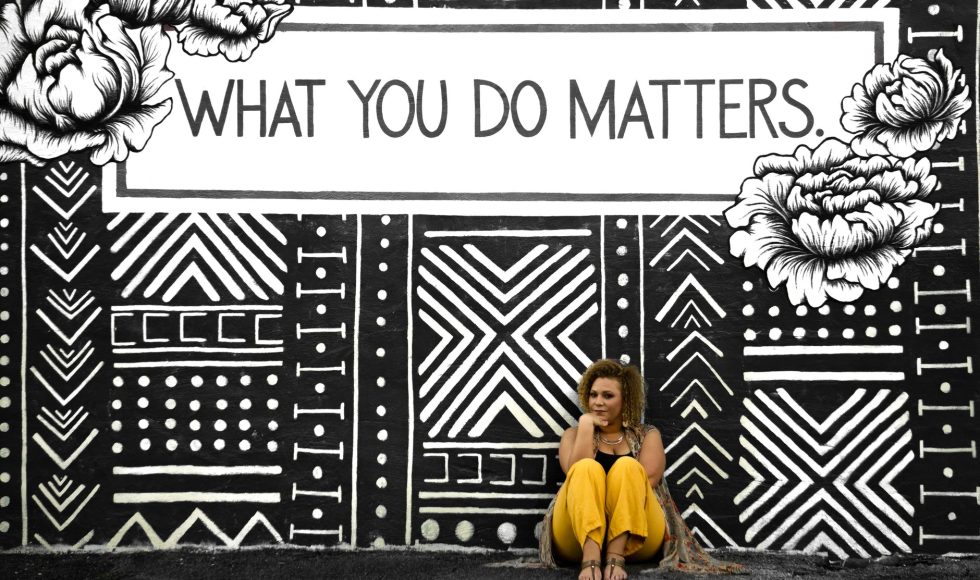Drs. Maru Gonzalez and Sharon Chung presented at the 2020 Lilly Conference online a session entitled “Beyond Diversity: Centering Social Justice Education in the Online Classroom” that captured my attention. I had heard from Gonzalez from one of the OFD Certificate programs and was happy to see a presentation. Chung and Gonzalez started with some reflection questions and a Padlet activity after introducing themselves (and their campus roles and pronouns!). They then showed a list of practices to consider to create welcoming and inclusive engagements:
- I include pronouns in my email signature.
- I consider non-Christian holidays when scheduling exams and major assignments.
- I consider the potential needs of all learners when designing my curriculum.
- At the beginning of the semester, I am intentional about asking students what facilitates or inhibits their learning.
- I ask students to provide mid-term evaluations of my teaching.
- I encourage students to practice self-care.
- I am intentional about integrating the voices and experiences of marginalized communities in course content.
- I devote time at the beginning of the semester to establish a classroom culture of trust and mutual respect.
- I have thought deeply about how my biases inform my practice and impact student learning.
These are important practices! I practice several… yet need to devote more time and thought to a couple more! A question Chung asked was: what needs to exist within your classroom in order to have honest, respectful yet challenging conversations? Developing trust and rapport is critical and often challenging. Chung mentioned that we must acknowledge that conversations about identity and oppression are raw and emotional for everyone, but especially for people with marginalized identities. This made me pause, as I have had emotional reactions to recent conversations. It is almost as if I have reached my limit if internalizing the feelings and can no longer do it! It has become painful for me to keep my thoughts or frustration in… I want to raise awareness that several of us are struggling and words hurt. Chung reminded us that everyone’s contributions to these conversations are shaped by their identities, experiences, and socialization. I had not put much thought into that last one: socialization. Further, it’s not always easy to see things from other perspectives. Gonzalez explained the differences between dialogue and debate. Social Justice Education was introduced by Gonzalez to think about the goal of education. Citing Dewey, Freire, and hooks, learning is social transformation, learning is a liberatory process, and education is the practice of freedom, respectively. I am listening to a bell hooks audiobook and love the energy and mission of the words. Chung then asked a tough question: in what ways do initiatives aimed at diversity and inclusion fall short? Some of our attempts are unfortunately not having lasting impact… and sometimes become performative or… tokenizing and painful. Gonzalez stated that diversity approaches “do not critically analyze the impact of power and privilege on social group differences” and “the overarching goal is an awareness and appreciation of difference”. Social justice approaches, as described by Gonzalez, “seek to understand the structural dynamics of unequal social power” with the goal of eliminating oppression. Gonzalez presented a fantastic four-quadrant box with diversity, inclusion, equity, and justice and the different questions they address. The intersection of social identities and oppressions is important to consider in raising awareness. Social justice education examines “aims to connect analysis to action” (Bell 2016). Chung provided a list of what a collaborative environment looks like online: with breakout rooms, reflection journals, Padlet, case scenarios (with proper representation), counter-narratives (include everyone’s story), and barometer activities (gauge how students are feeling about a topic). Chung also listed some considerations for the online classroom: inter generational learning differences, geographical diversity, learning preferences, netiquette, staying connected to students, student evaluations, access. I enjoyed how social justice education was introduced and explained. This was a thoughtful presentation that made me realize how I need (and want!) to focus on introducing social justice education.



